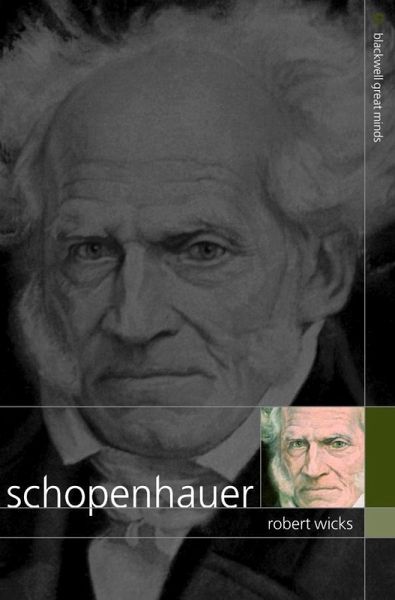
Schopenhauer (eBook, PDF)

PAYBACK Punkte
0 °P sammeln!
This innovative volume presents an insightful philosophical portrait of the life and work of Arthur Schopenhauer. * * Focuses on the concept of the sublime as it clarifies Schopenhauer's aesthetic theory, moral theory and asceticism * Explores the substantial relationships between Schopenhauer's philosophy and Buddhism, Hinduism, and Christianity * Defends Schopenhauer's position that absolute truth can be known and described as a blindly striving, all-permeating, universal "Will" * Examines the influence of Asian philosophy on Schopenhauer * Describes the relationships between Schopenhauer's ...
This innovative volume presents an insightful philosophical portrait of the life and work of Arthur Schopenhauer. * * Focuses on the concept of the sublime as it clarifies Schopenhauer's aesthetic theory, moral theory and asceticism * Explores the substantial relationships between Schopenhauer's philosophy and Buddhism, Hinduism, and Christianity * Defends Schopenhauer's position that absolute truth can be known and described as a blindly striving, all-permeating, universal "Will" * Examines the influence of Asian philosophy on Schopenhauer * Describes the relationships between Schopenhauer's thought and that of Hegel, Nietzsche, and Wittgenstein.
Dieser Download kann aus rechtlichen Gründen nur mit Rechnungsadresse in D ausgeliefert werden.












